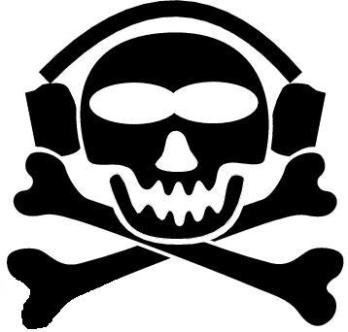For young entrepreneurs today there is a mounting issue that does not seem to be going away any time soon. While the general public may not be aware trolls are controlling our current patent system, and no I do not mean the type that you see under a bridge. These patent trolls are companies and wealthy individuals that file vague patents so that they can sue inventors who may accidently create something that a troll has a patent on. For this exact reason our patent and copyright system is currently in danger and while it may seem like we have a great system, the companies with more money and power are stopping inventors from having creative freedom, due to the fear of companies taking all profits. This idea is lengthened upon in The Economist article “Trolls on the Hill”. The reason I began to open with the facts of patent trolls is because I believe this is vital information in the understanding of patent and copyright analysis. Not only do we see issues in inventions, but also in the media industry there has been a shift away of how to handle fraud and stealing of property.
Currently if I was to log online I would have the ability to illegally download books, movies, and TV shows, all three goods that usually cost a lot to purchase. With the surfacing of Internet piracy, firms have moved away from outright purchases of shows to subscription services that stream the shows to any device. For these reasons media conglomerates don’t see a need to care about piracy, due to advanced advertising techniques they make all the money they need through streaming, substantially driving down costs for songs, movies, and TV shows. But one major form of mass-market entertainment, books are keeping their prices at a high cost. Due to the fact streaming books is not widely done, books are not held in the same pricing scheme as other media. While books are cheaper to produce there is not true way to reap the same profits from books and movies. The difference in means of profits creates a divide between the two.
Now when it comes to valuating a patent or a piece of media what truly decides it is how well the item will end up selling for. While it may be the easy way out to say the market decides a price, they truly do decide the price. By either buying or not buying a product at a certain price the market lets the companies know whether or not it was an acceptable price. To say an idea has value also hold meaning considering if a concept is great then people will pay a lot for the idea, and they will pay for a great concept even if it doesn’t work out. When dealing with patents and copyrights it’s a difficult situation due to the fact that people’s ideas and livelihoods are truly at stake when they put them into copyrights or patents. In the next few years due to technological advances I expect a reform of the patent and copyright market.

